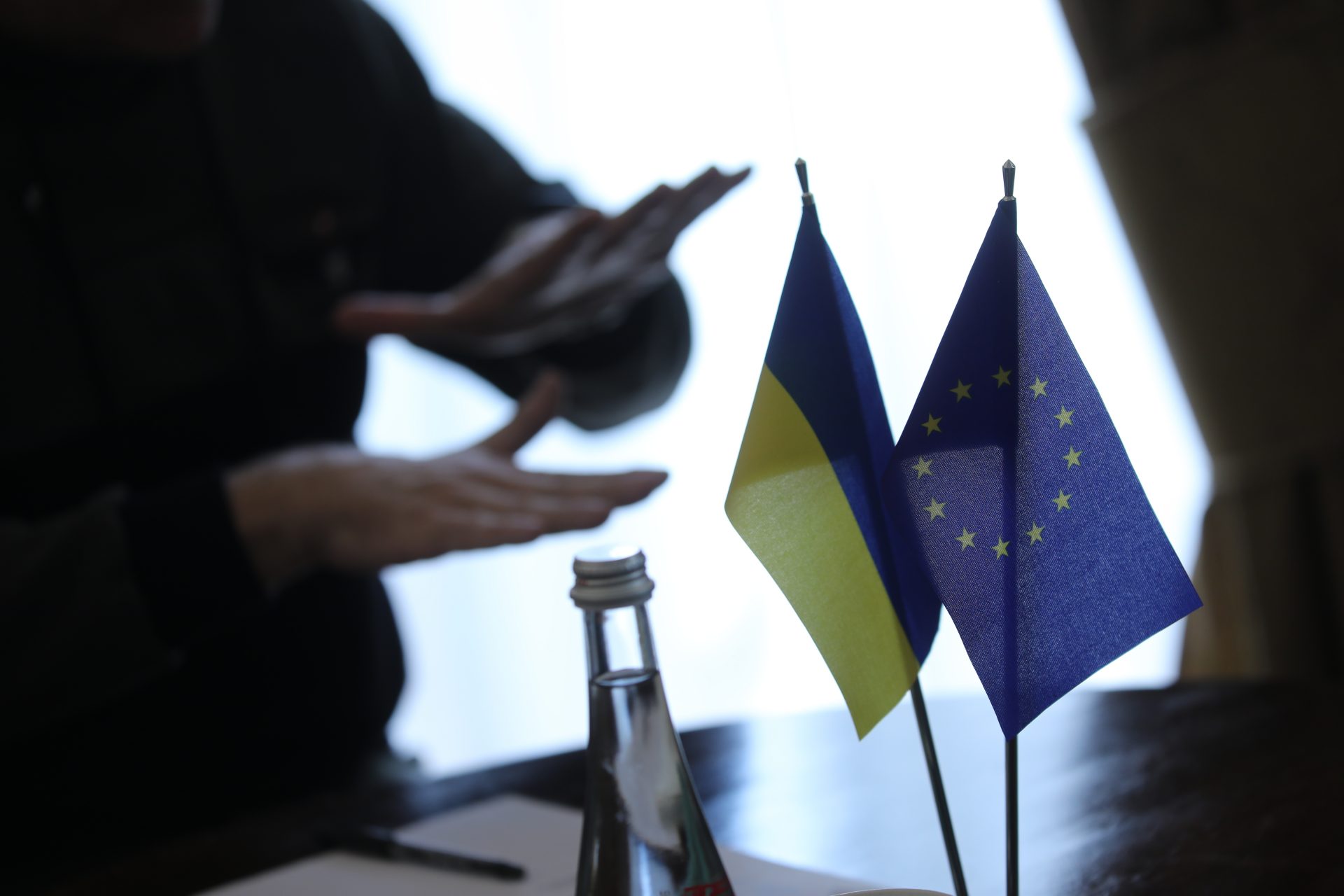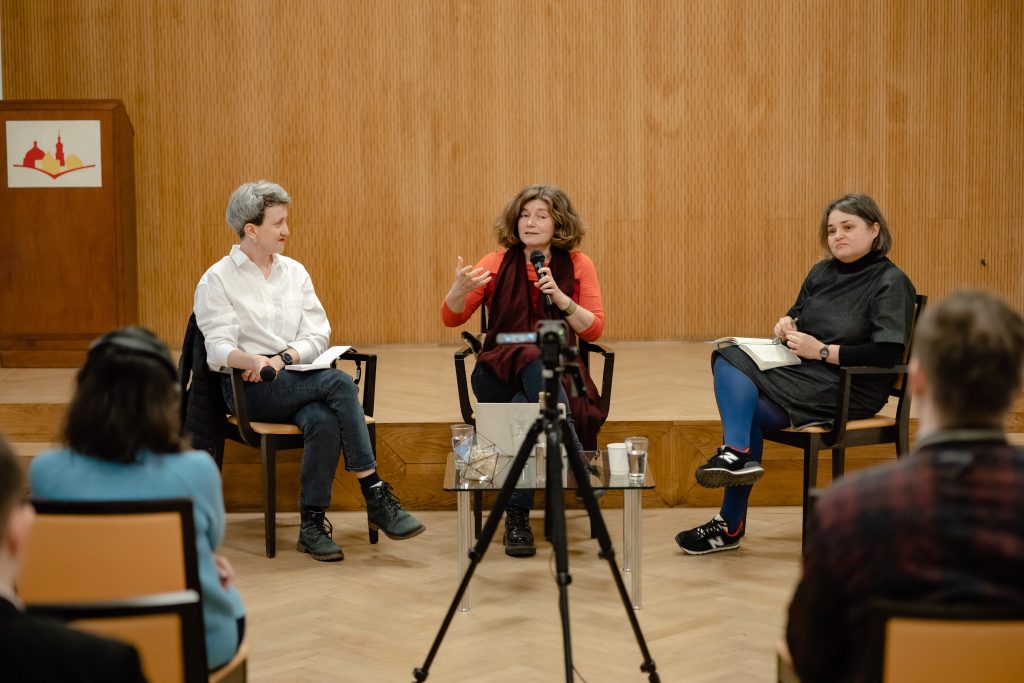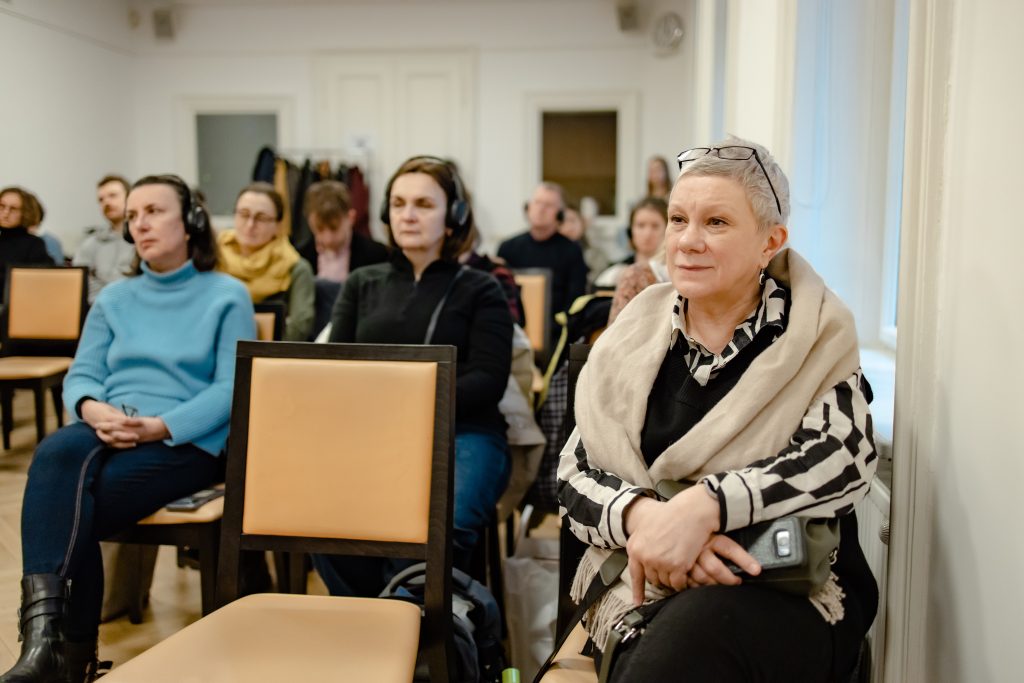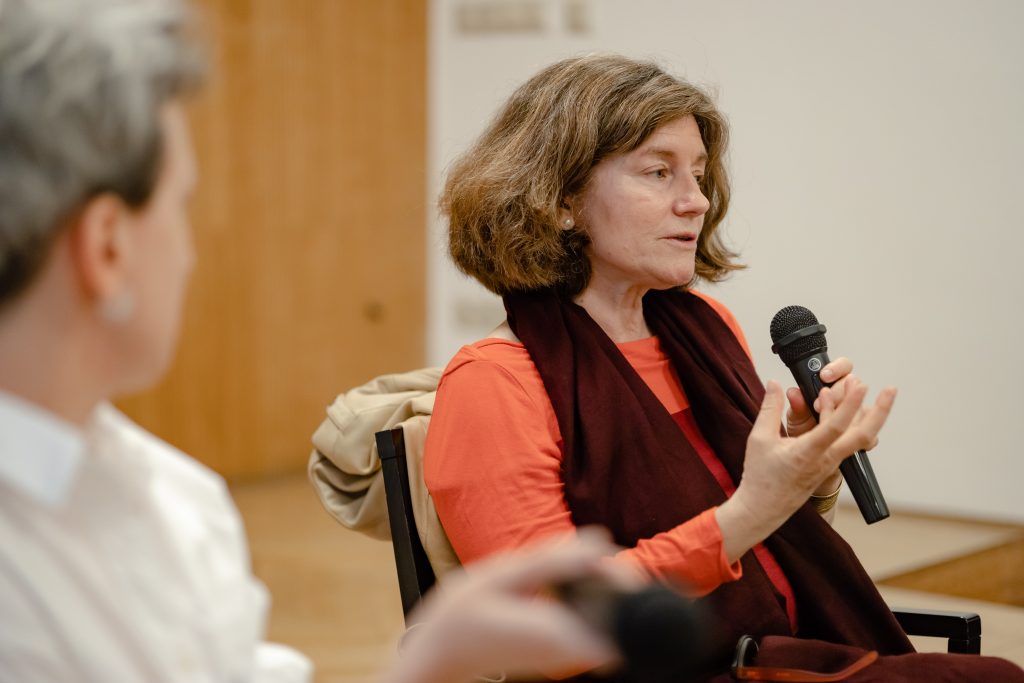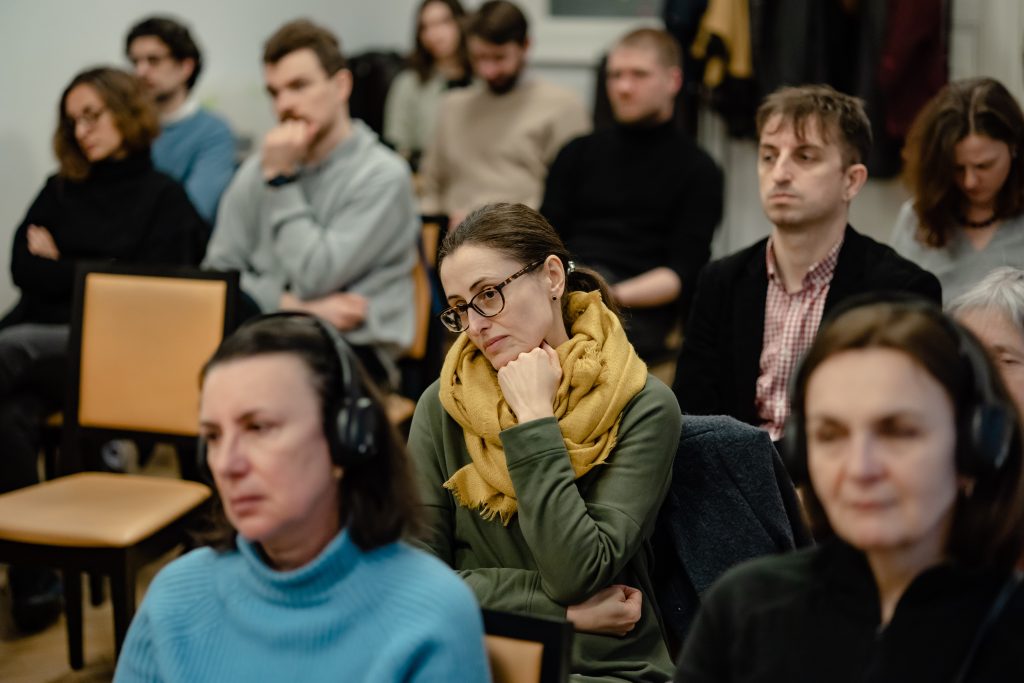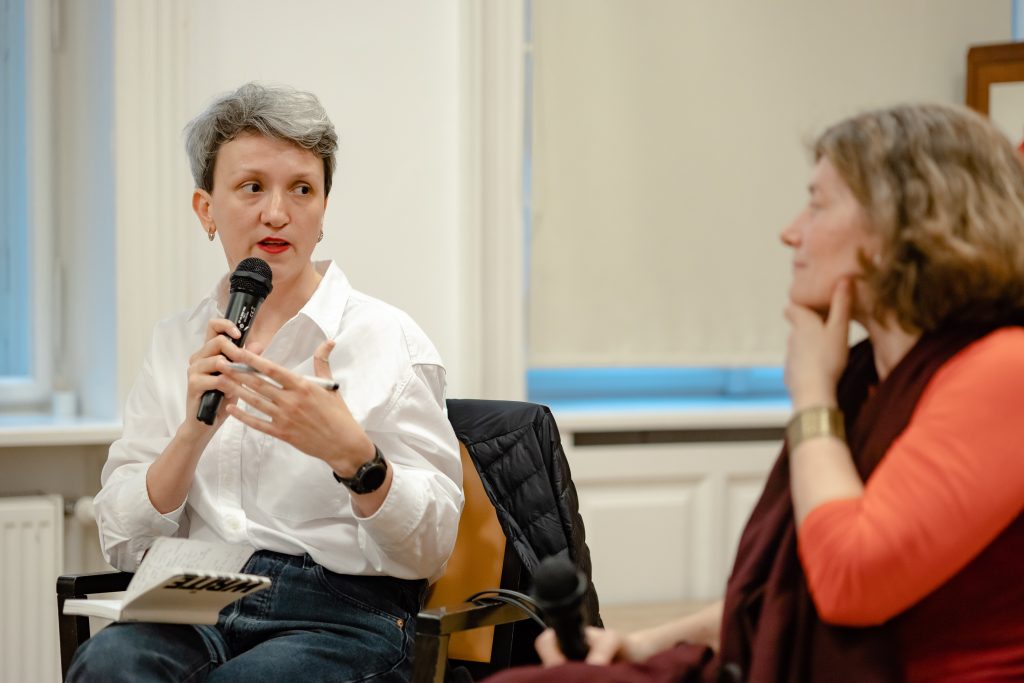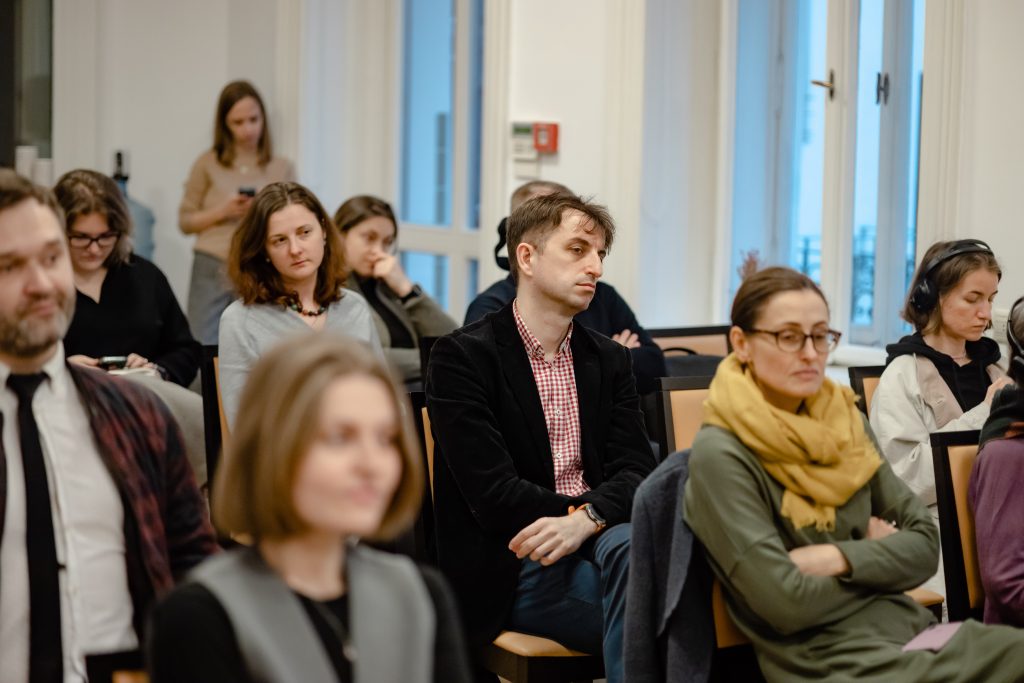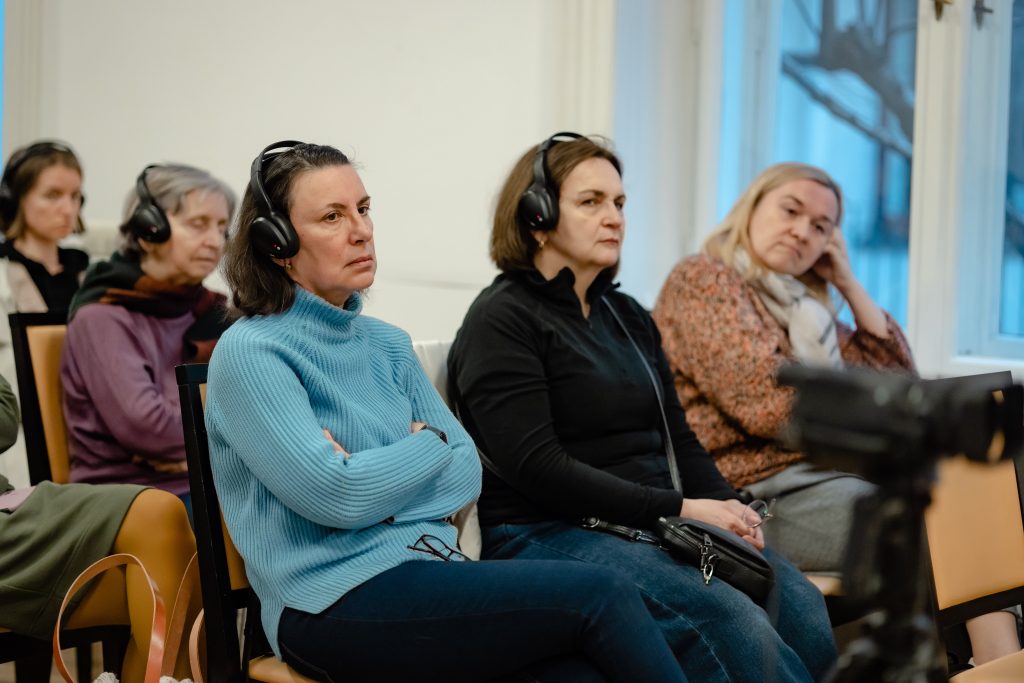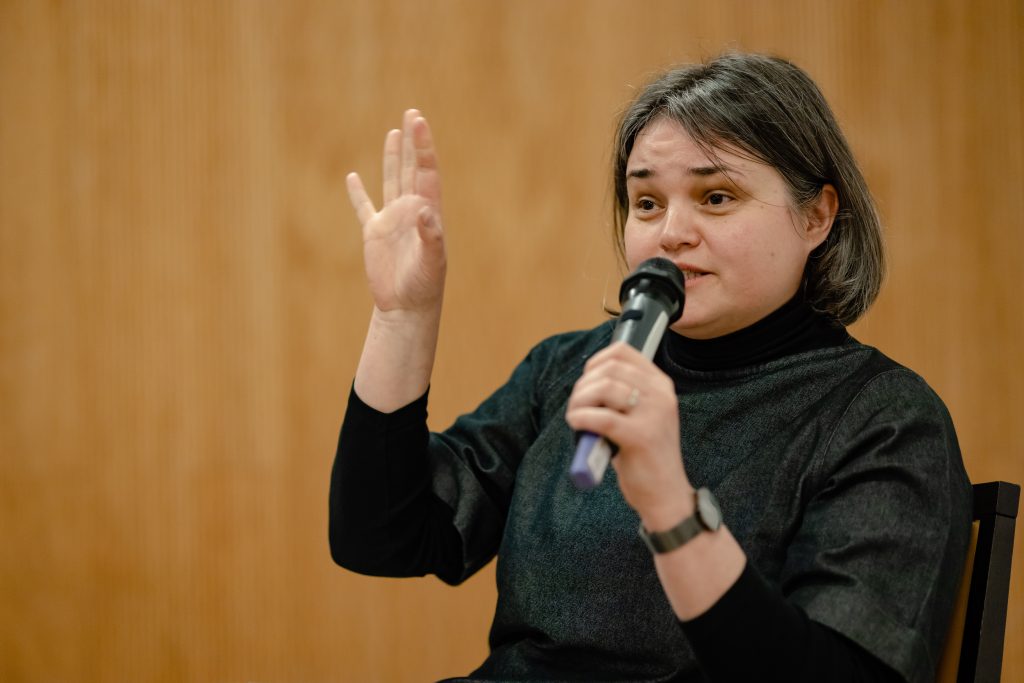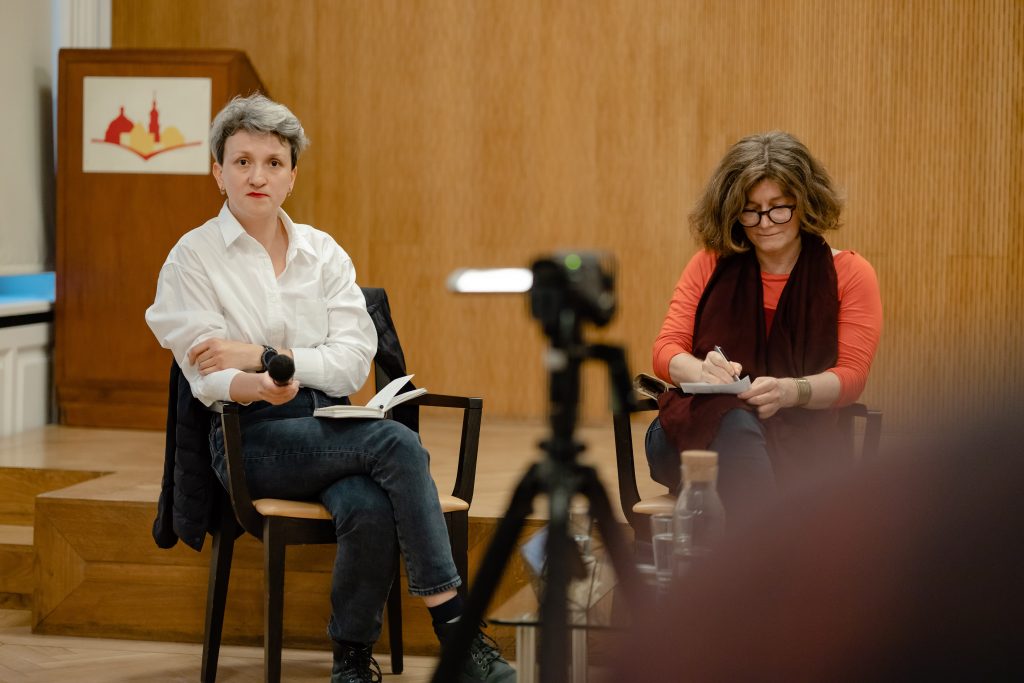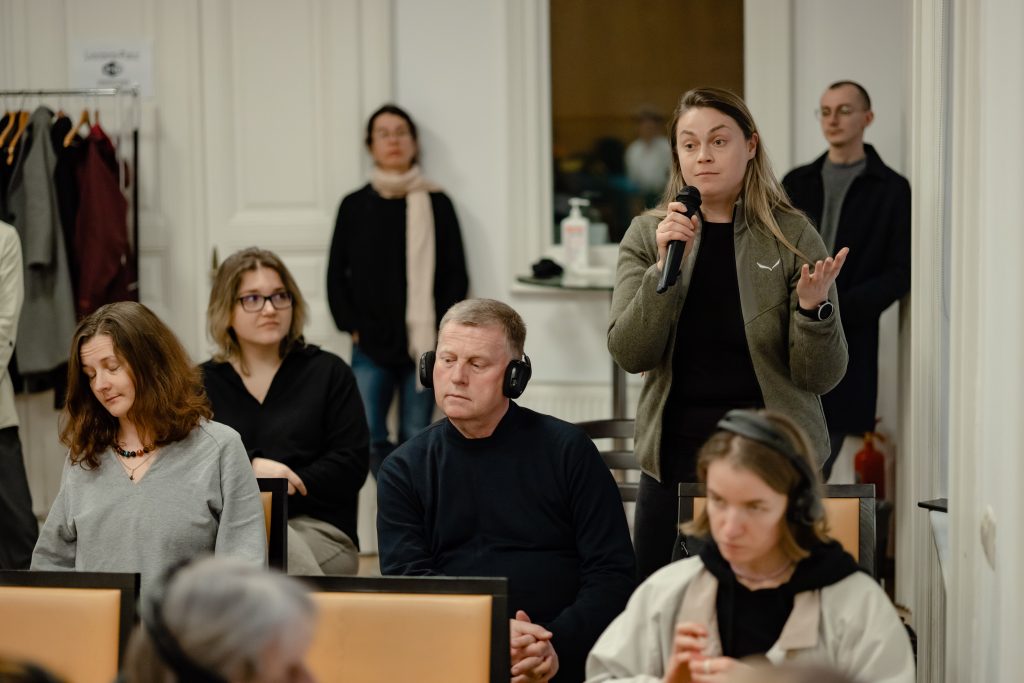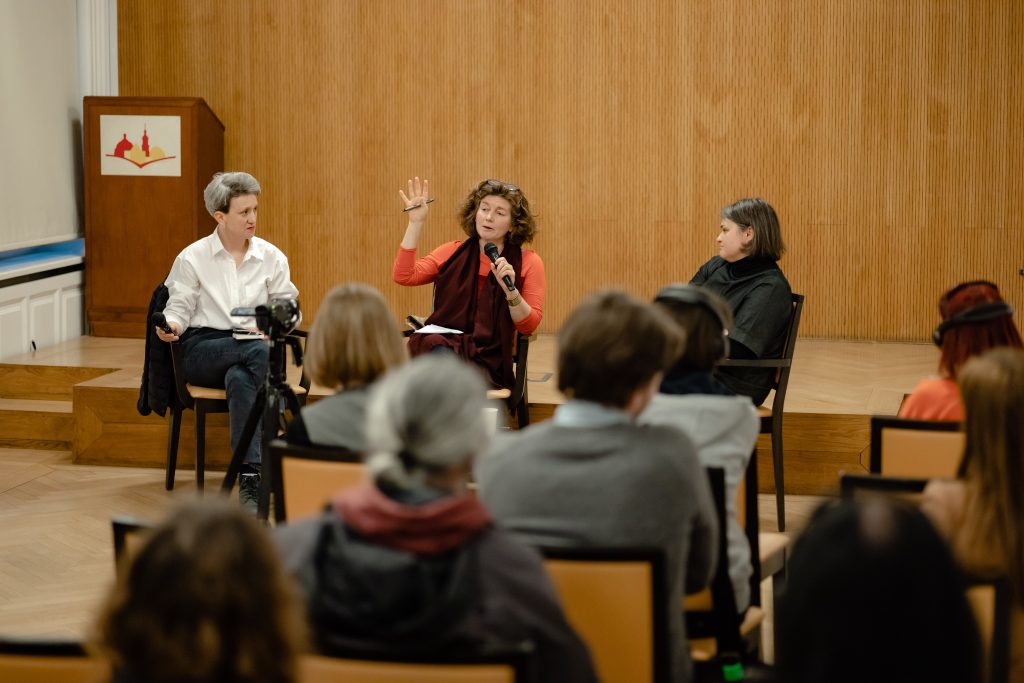Europe: What's in the Name? Different Narratives and Changing Construct of the EU
12.4.2023, 18:30
Conference Room of the Center for Urban History
EU enlargement is once again an important topic, not least after Ukraine has been granted candidate status. But what does the EU mean to different peoples and societies? How does it impact real lives, and what are the narratives attached to it? Much of this debate has been marked in the last decade by phenomena such as Brexit, populism, and disinformation. Often they tend to describe Europe as a fixed entity with very contradictory characteristics (domineering/ bureaucratic and divided/powerless). But convinced "pro-Europeans" can also carry their own myths, most rooted in Europe's post-World War II generation of "founding fathers." However, talk of "reconciliation" after the devastation of war can sit awkwardly with the realities of economic and geopolitical necessity that presided over the very creation of the European project. Looking at some of the EU's multifaceted history and evolving narratives can help manage expectations today.
This talk will draw on the personal experience of Natalie Nougayrède, a decades-long Europe-watcher, particularly as a diplomatic correspondent and editor for major European media in different countries. Sofia Dyak and Daria Badior will join the talk, and together, we will try to shed light on how politics, myth-making, and also concrete historical achievements can come together to shape our continent.
Working languages — English and Ukrainian.
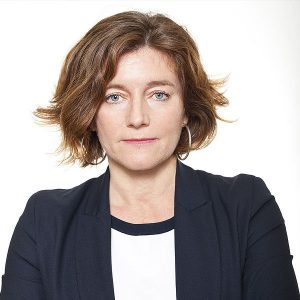
Natalie Nougayrède
French journalist, former editor-in-chief of Le Monde and member of The Guardian’s editorial board from 2014 to 2020. After covering post-1989 transitions in Central Europe including Ukraine, as well as in the Caucasus and Russia, she was Le Monde’s bureau chief in Moscow (2001-2005) and then its diplomatic correspondent (2005-2013). She was awarded the Albert Londres journalism prize for her coverage of the Chechnya war. She has contributed to books (in French) on Putin’s Russia, human rights in Russia, and Anna Politkovskaya. She serves on the board of the Primo Levi Centre in Paris, an NGO which helps refugees who have been victims of torture. She is a member of the Körber foundation’s History Reflection Group and a member of the ECFR Council. She was recently a fellow at the Robert Bosch Academy, Berlin, and is currently an adviser to the School of Civic Education, an NGO based in Riga.
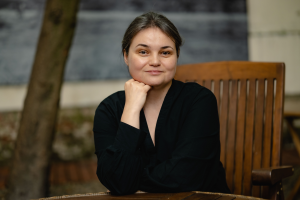
Sofia Dyak
Center for Urban HistoryPhD, historian, director of the Center for Urban History. Dr. Dyak’s research interests include post-war urban recovery and transformation in Eastern Europe, heritage infrastructures and practices in socialist cities, and their legacies. Also she curated exhibitions and educational projects related to rethinking the past, especially in urban public spaces.
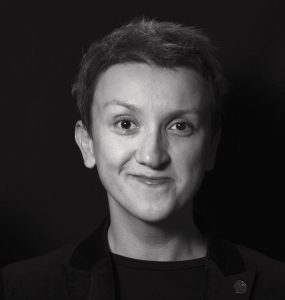
Daria Badior
Critic, editor, film curator based in Kyiv. For several years she was the head of the Culture section in the Ukrainian online outlet LB.ua. Since 2021, as a freelancer, Daria has been editing a series of publications on the commemoration of 1941, the reconstruction of Ukraine after and during the current war, and publishing articles in Der Tagesspiegel, The Independent, Hyperallergic, Osteuropa, etc. Now she is preparing a book about the post-Maidan generation of culture makers.
Credits
Cover image: Roman Baluk // Urban Media Archive of the Center for Urban History
Natalie Nougayrède portrait: Wildlife Justice Commission
Gallery: Bohdan Yemets
